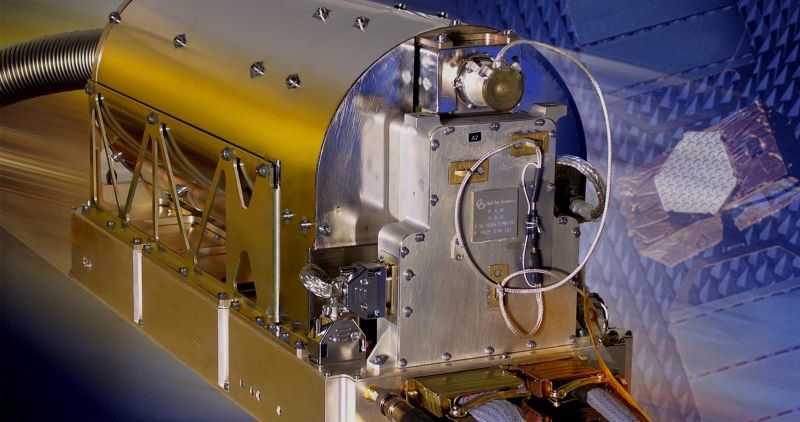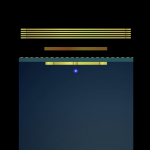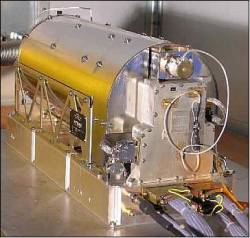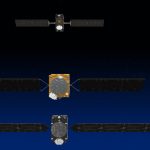The European Commission and the European Space Agency (ESA) selected Leonardo’s hydrogen atomic clocks for Galileo Second Generation. The Company has signed a contract with ESA for the direct supply of the PHM (Passive Hydrogen Maser) for the new 12 satellites.
Leonardo’s PHM is a highly accurate atomic clock made for space applications: it accumulates an error of one second every three million years, and is a crucial contributor to Galileo’s ground accuracy of about 30 cm. Further to the development of more than 70 clocks for the first generation of Galileo, Leonardo will provide two masers for each new satellite. The first twelve units will be delivered in 2023.
The Company will also make available its skills for in orbit support: a highly qualified team will be able to provide assistance and advice to the EU Agency for the Space Programme (EUSPA).
For the construction of the new atomic clocks in the Nerviano plant (Milan), Leonardo will increase the production capacity of the area dedicated to their development: it will expand the space with two shielded areas, two external thermo-vacuums, an area for clocks’ ground storage, and one dedicated to the testing and integration of electronic boards, to guarantee the production of two clocks every six weeks.
Leonardo, formerly Finmeccanica, is an Italian multinational company headquartered in Rome, with 180 sites worldwide. The company is partially owned by the Italian government.






